Not sure about choosing a charger? Try our revamped Charger Finder!
Try our revamped Charger Finder!
- For Installations
- All our chargers come with a 1 year warranty
- Free Shipping
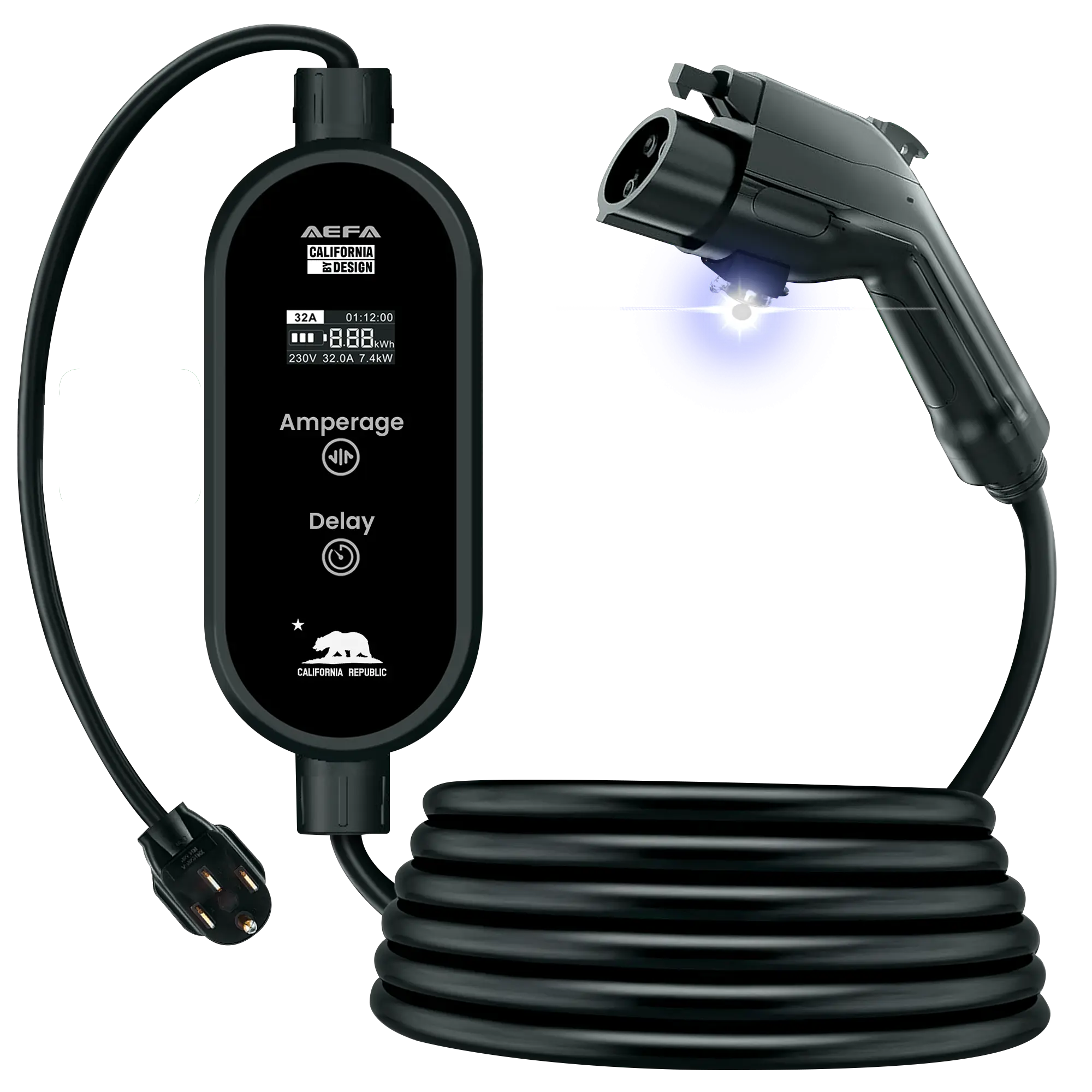

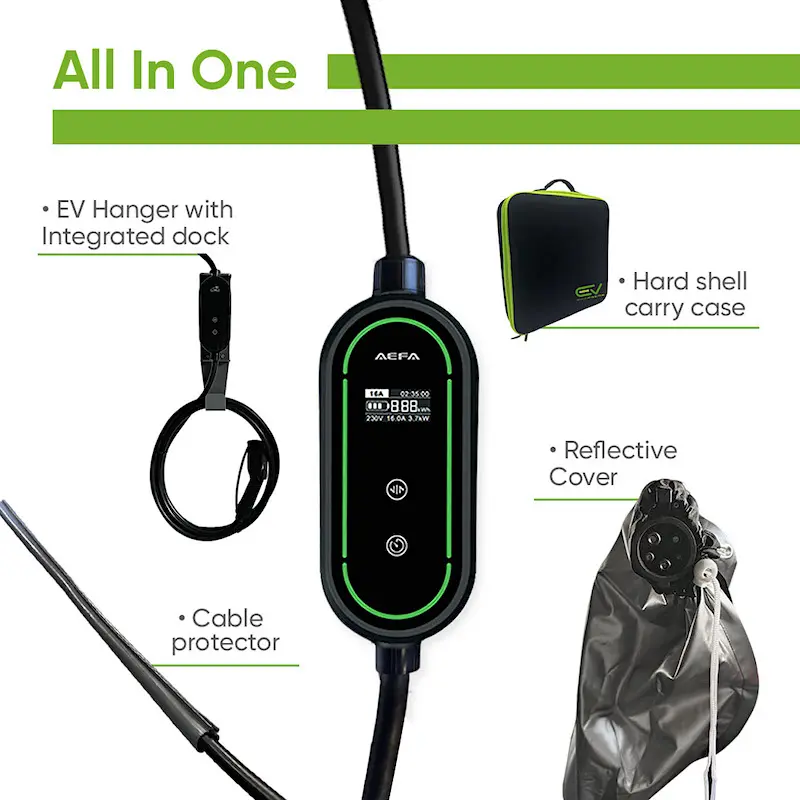
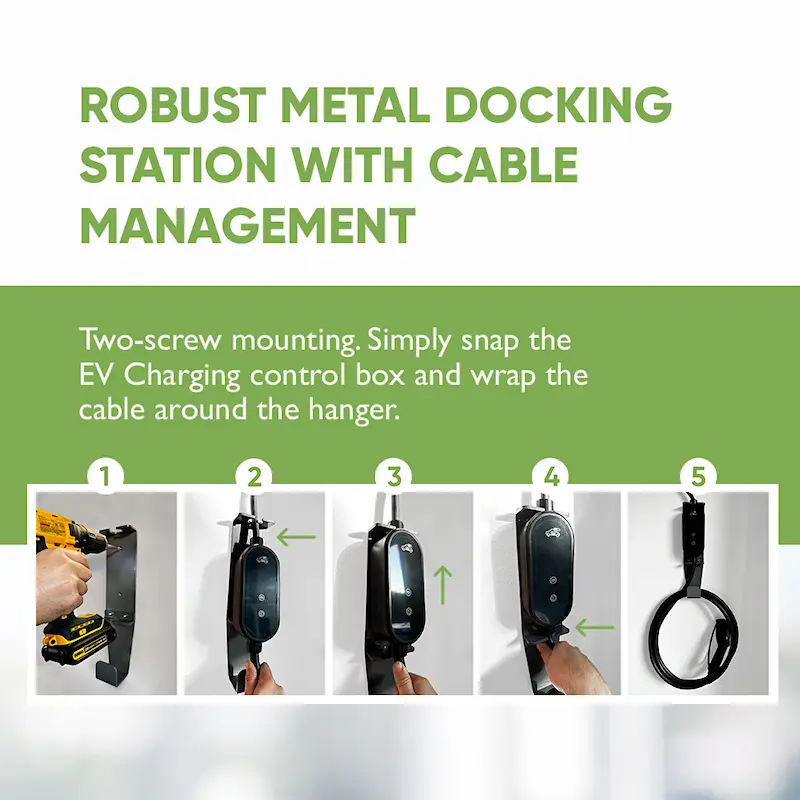
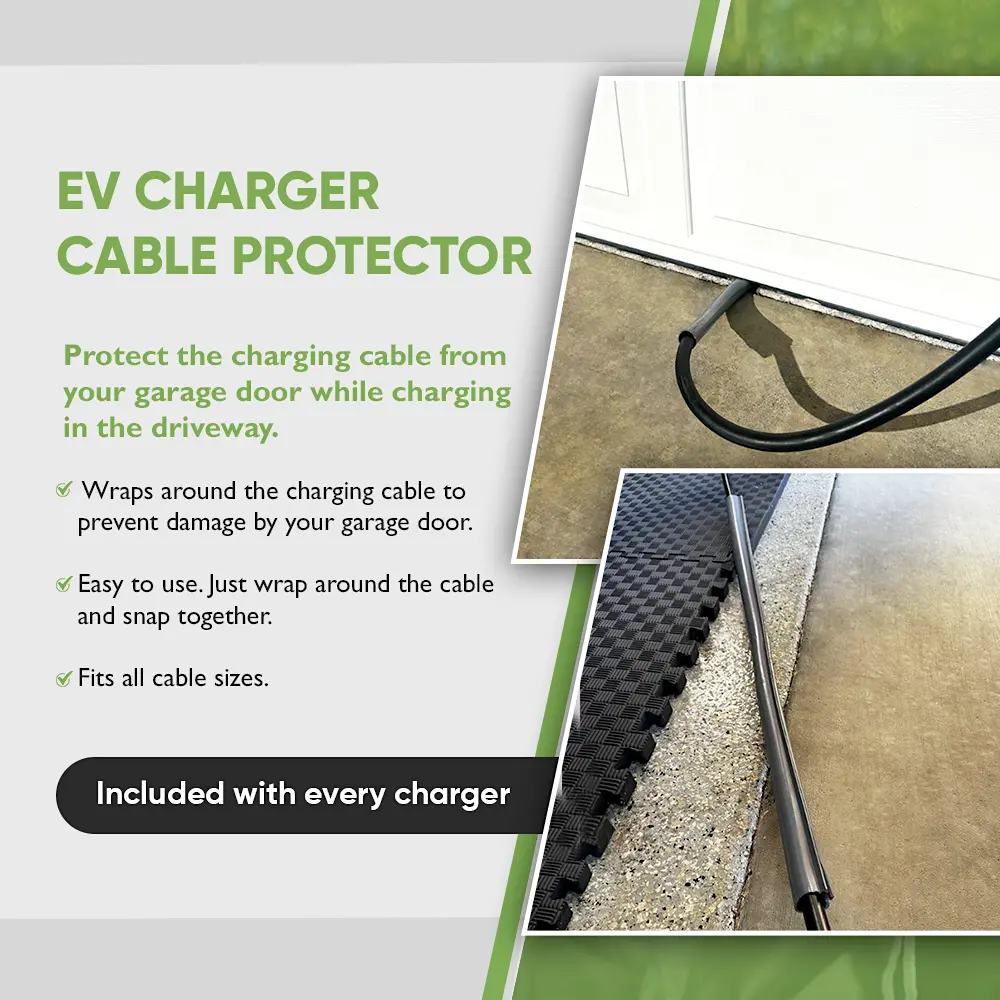
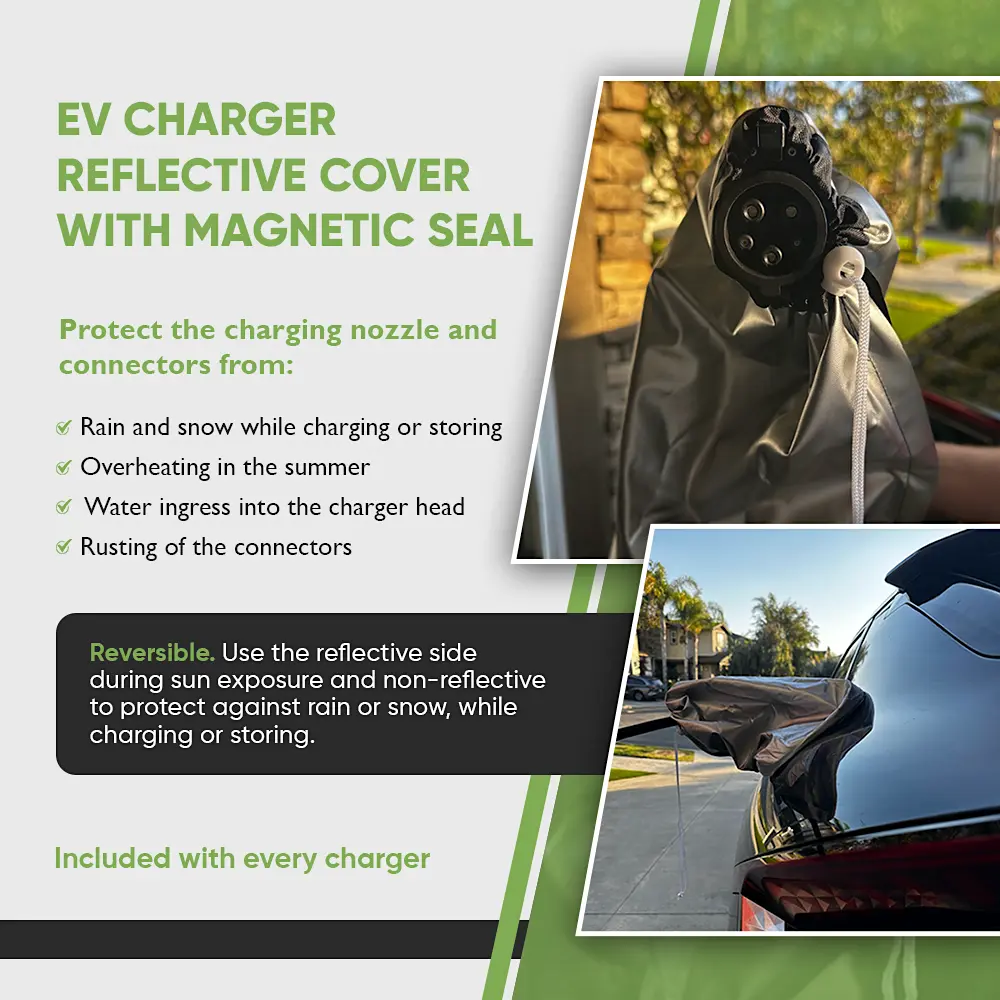
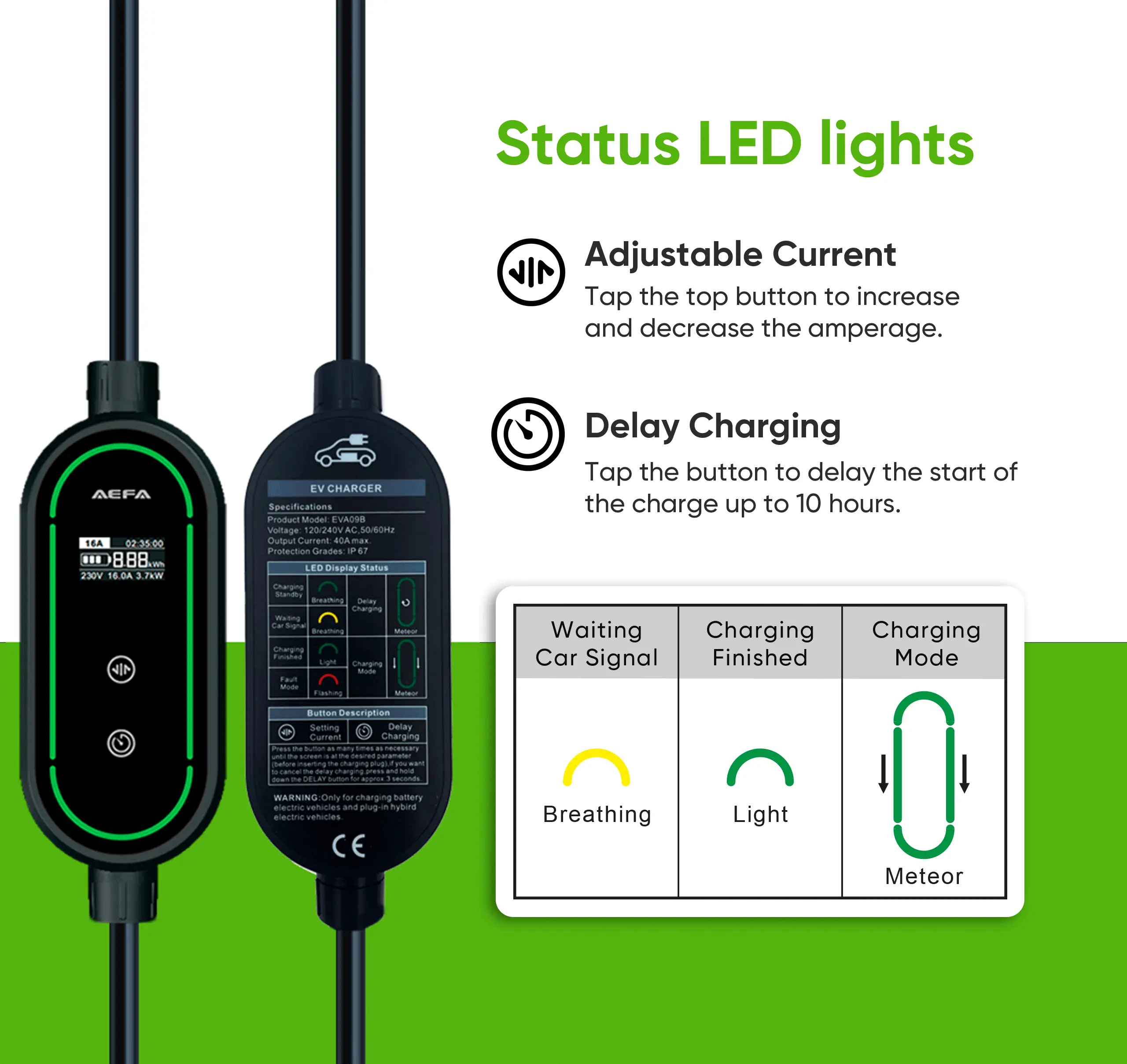
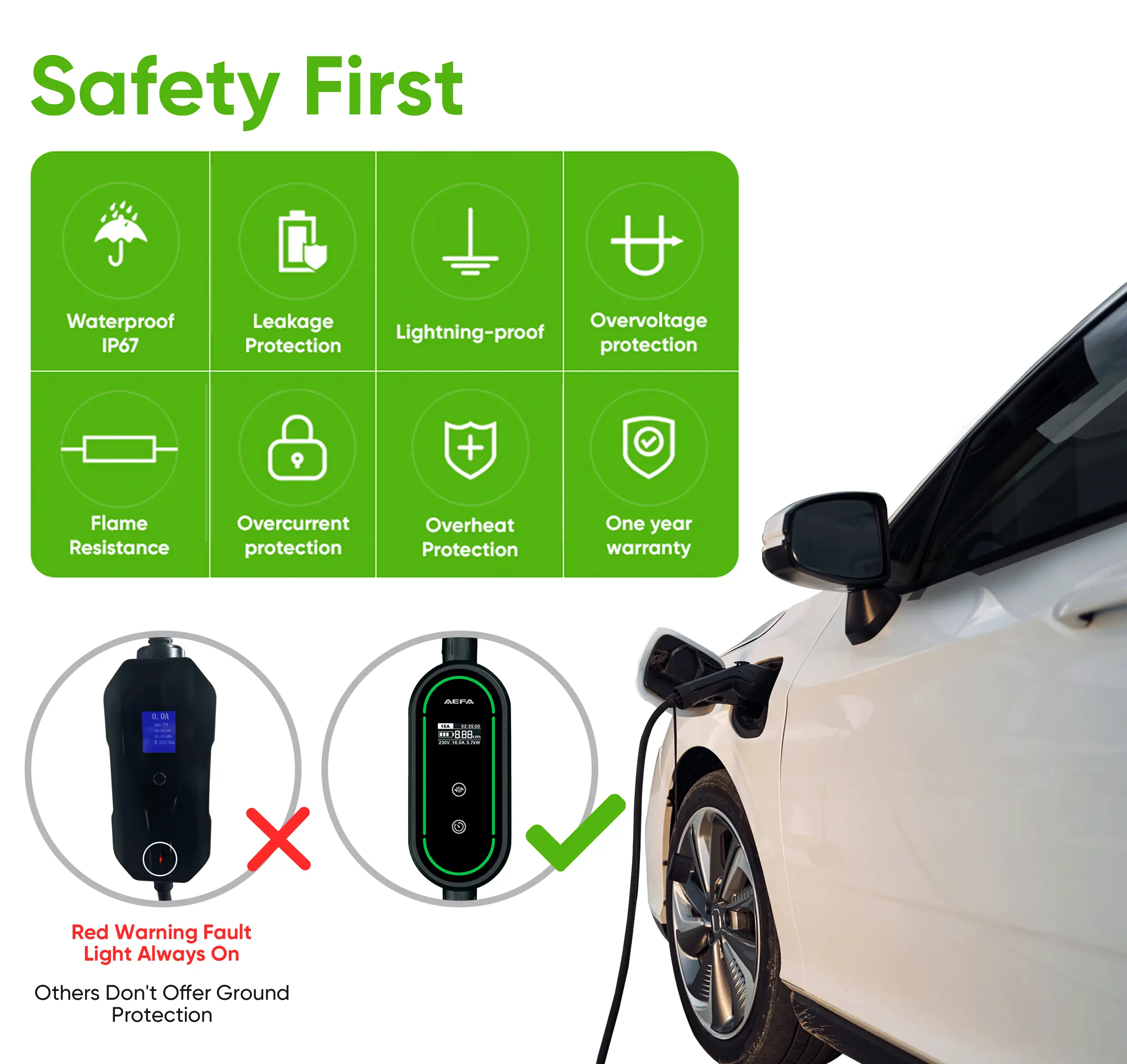
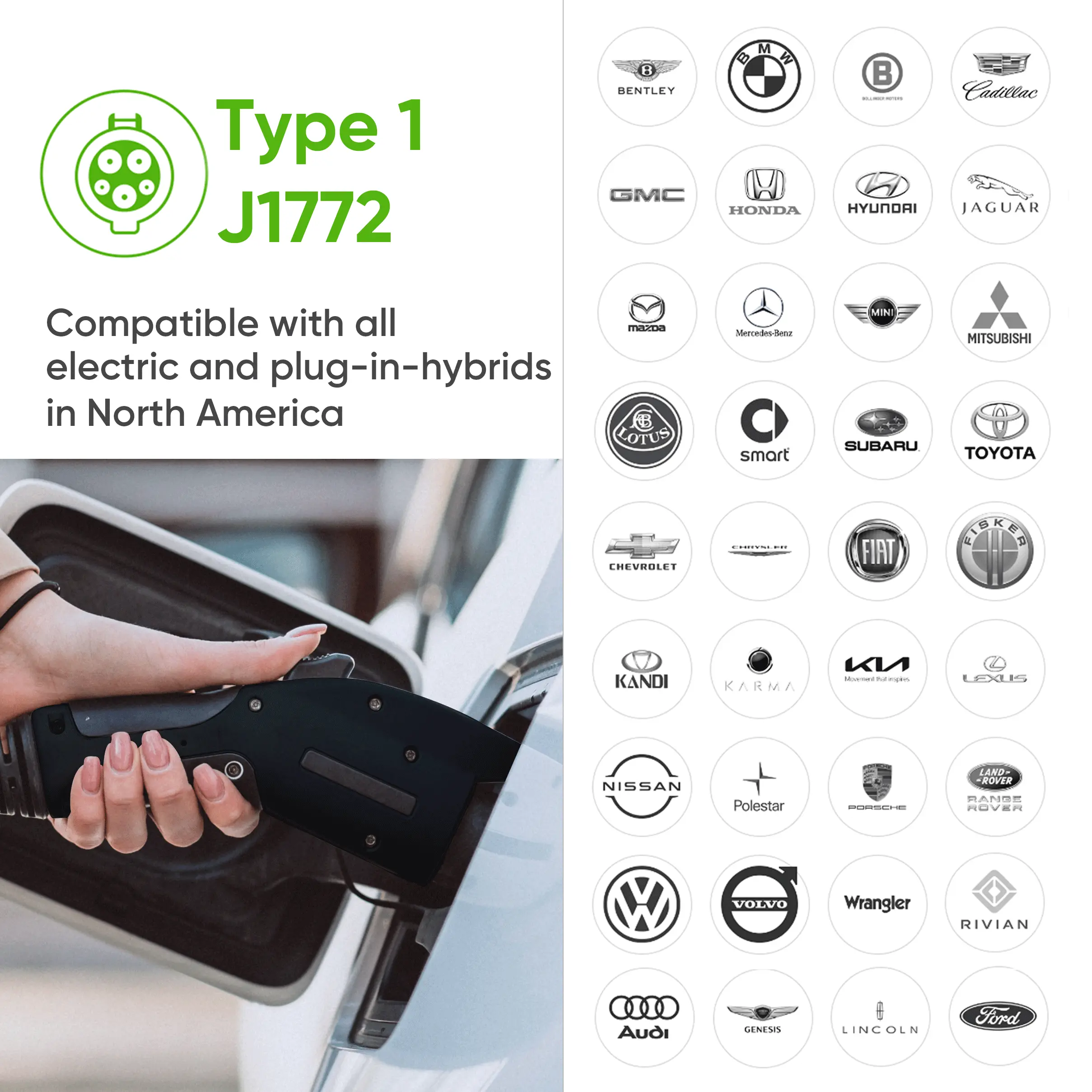
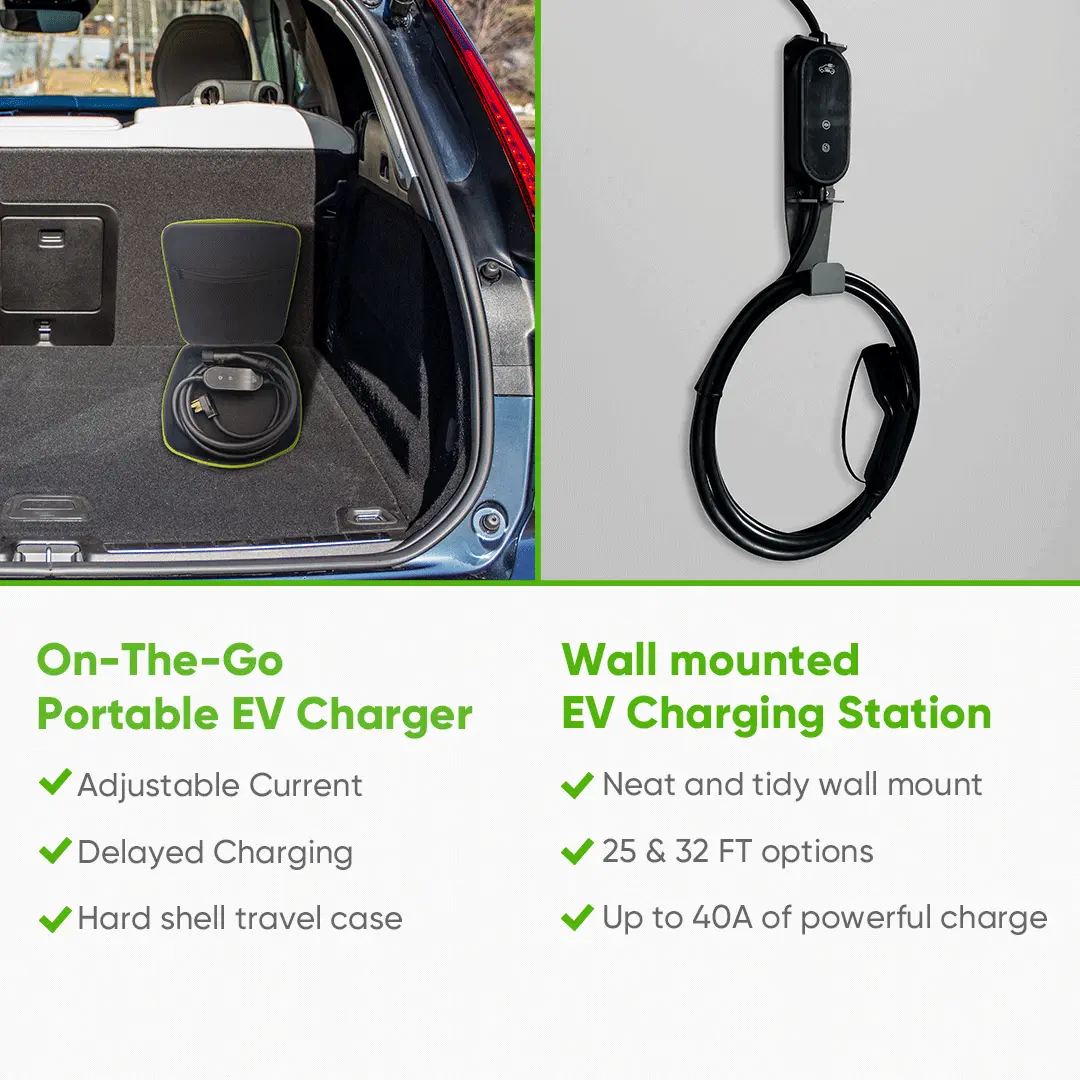
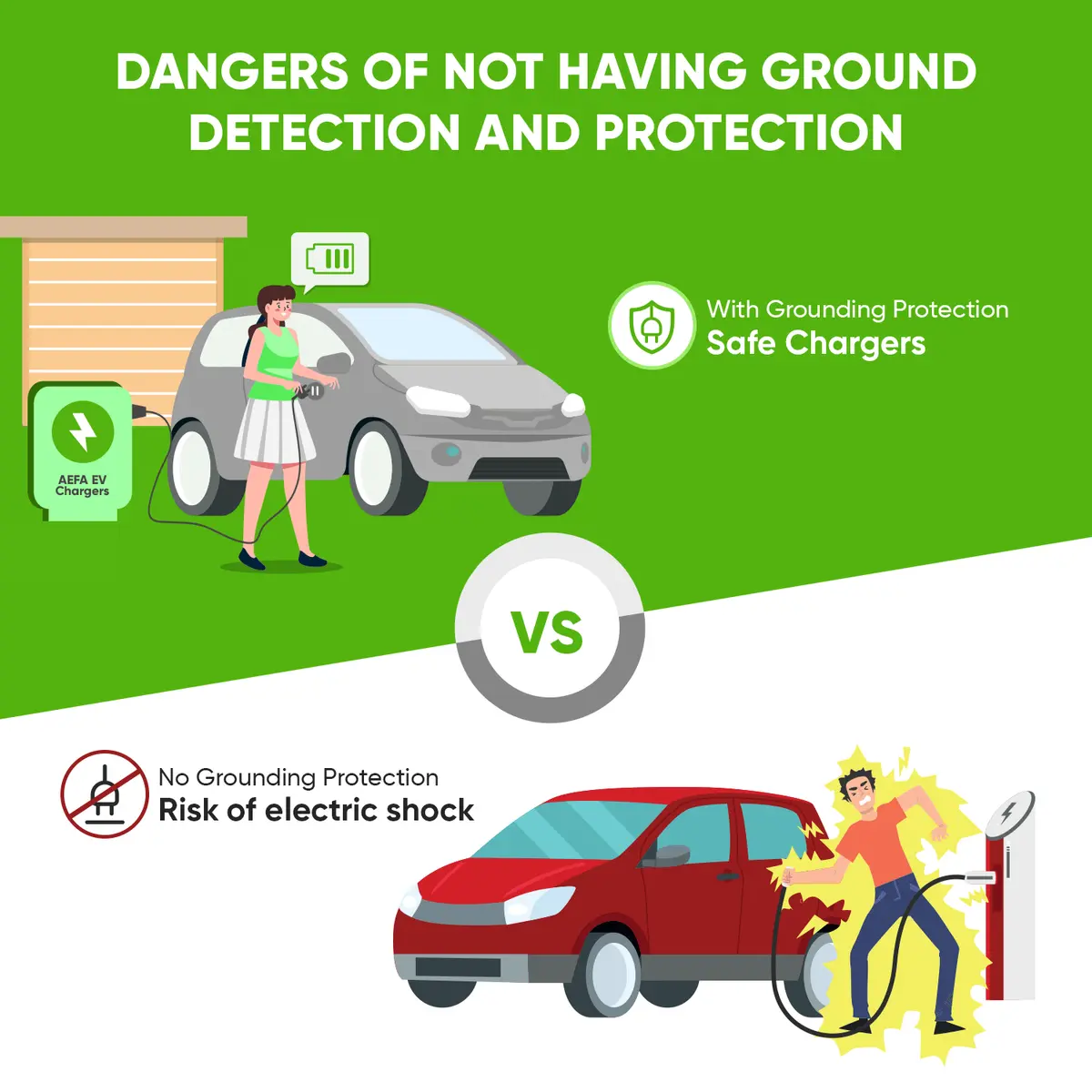
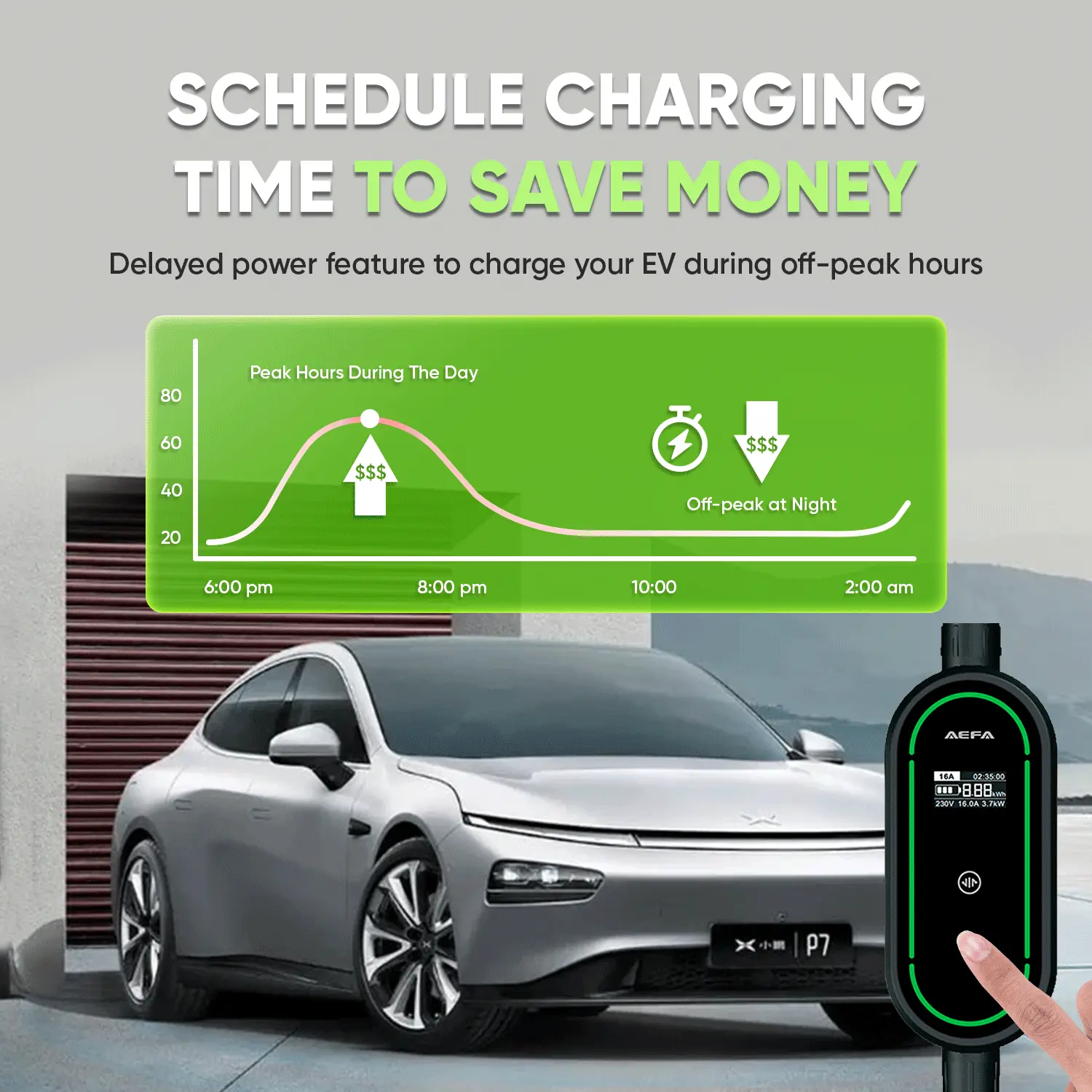
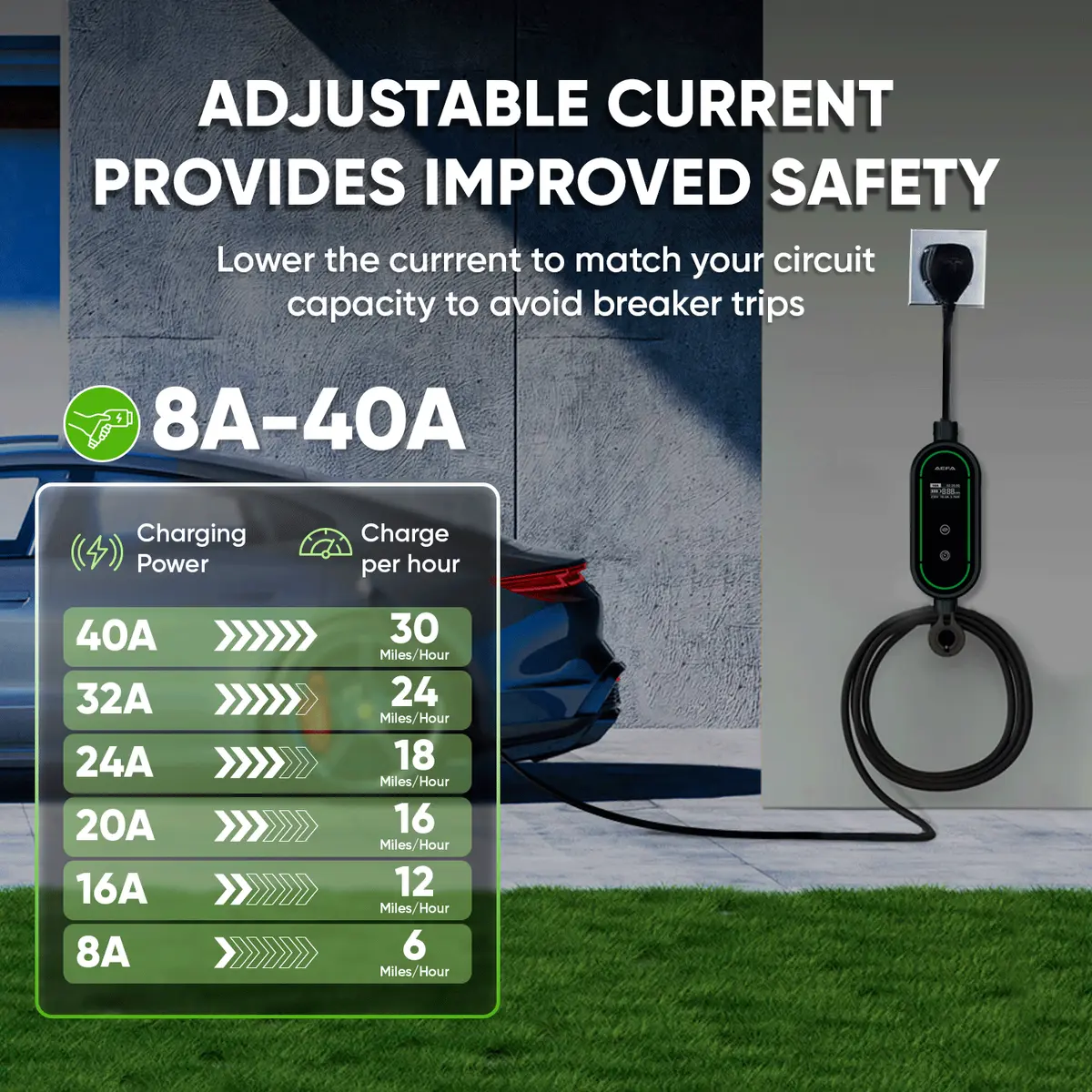
Starting at $120
This product is out of stock.
Order in the next hrs mins for delivery between 00 and 00!
Hyundai introduced the Plug-In Hybrid version of the 2021 all-new Hyundai Tucson electric vehicle in late 2021. The plug-in hybrid SUV combines the family size SUV with a reasonable all electric 33 mile driving range before switching to the gasoline engine. The vehicle comes with a 13.8 kW/h lithium polymer battery and 7.2 kW/h acceptance rate, it claims an EPA-estimated of 38 mpg-e. The Hyundai Tucson PHEV can be charged by a Type 1 J1772 Level 1 or Level 2 EV Charger. We have produced a guide to answer the common questions we receive regarding Hyundai Tucson EV charging.
| Battery Size |
|---|
| 13.8-kW/h |
| DC commercial charging |
|---|
| No |
| Cost per Charge |
|---|
| ~ $1.40 |
| Level 2 Charging |
|---|
| Yes |
| Electric Range |
|---|
| 33 miles |
We have produced the table below to compare estimated charging times to charge the battery from empty to full for the Hyundai Tucson PHEV, and also shows the charge times via both Level 1 and Level 2 EV chargers.
The charging times can vary depending on the type of charging cable used, such as a Level 1 or Level 2 charging cable.
| Make/Model |
|---|
| Hyundai Tucson |
| Hyundai Tucson |
| Hyundai Tucson |
| Plug Type |
|---|
| 5-15 (regular 3 pin) |
| 14-30 (4 pin electric dryer type) |
| 14-50 (4 pin) |
| Level |
|---|
| Level 1 (120 volt) |
| Level 2 (240 volt) |
| Level 2 (240 volt) |
| Charge Rate |
|---|
| 1.5 KW/hour @ 12 amps |
| 5.5 KW/hour @ 24 amps |
| 9.6 KW/hour @ 40 amps |
| AEFA Charge Time |
|---|
| ~ 9.5 hours |
| ~ 2.5 hours |
| ~ 2 hours |
We recommend charging between 20% to 80% to preserve the chargers battery life, as charging tends to slow outside of this range and may reduce the battery performance in the long term.
In order to speed the charge time of your EV, we recommend upgrading from a manufacturers Level 1 charger to a Level 2, 240-volt EV Charger. Upgrading to a dedicated home charger, also known as a wallbox, can significantly reduce charging times and provide more convenience. By faster charging, Hyundai Tucson PHEV owners will benefit from being able to fully charge within 2 hours and reap the benefits from electric driving, as well as saving on more expensive gasoline miles.
The Hyundai Tucson Plug-In Hybrid can be charged by a Type 1 J1772 charger connector and various compatible cables either at home, work, or at an available public charging point. The cars on-board software will automatically determine the level of input the vehicle will accept and this is limited to an alternating current (AC) charge rate of 7.2kW/h.


A popular EV option for Hyundai Tucson PHEV owners is the NEMA 14-50 40amp and is our recommended Tucson EV charger. It is the fastest, residential plug-in charge possible and will also futureproof you as car batteries get bigger. The battery will be fully charged in 1.5 hours with a NEMA 14-50 40 amp 9.6 kWh Tucson EV charger. A home wall box can provide a more efficient and faster charging solution compared to standard outlets. Another popular charger type is a 14-30 EV plug as it is a 240-volt plug that many garages presently used for electric dryers.
Charging your Hyundai Tucson Plug-In Hybrid can be completed at home, at work or other Level 2 publicly available charging stations such as strip malls, car parks or other City owned installations. Most EV owners opt to charge at home due to the added convenience and to take advantage of cheaper electricity rates with overnight charging. Camp grounds, RV parks or other overnight stay locations may have charging facilities typically compatible with a 14-50 receptacle.
When charging at home or at public charging points, it is important to use the correct Hyundai Tucson charging cables to ensure compatibility and optimal charging speeds.


The average cost of charging your EV will differ vastly depending on a number of factors such as U.S. State of residence, time of day to charge, location (residential or commercial) or vehicle charting power. Some U.S. States have peak electricity rates which exceed the U.S. current average of 20 ¢/kWh which has been used in the calculation below.
The cost of charging can also be influenced by the power supply available, with higher capacity power supplies potentially reducing charging times and costs.
| Place | |
|---|---|
| Home (empty to full)* | Commercial chargers** |
| Avg. cost | |
|---|---|
| $2.10 | $5.50 |
| Cost/mile | |
|---|---|
| 0.15¢ | 0.39¢ |
* Assumes avg. U.S. tariff of 20 ¢/kWh. Home charging costs will vary state by state depending on electricity costs
** Assumes tariff of 50 ¢/kWh applicable to most commercial Level 2 network EV chargers
If you don’t find the answer you need, feel free to contact us.
You may charge your Hyundai Tucson PHEV only at Level 2 commercial charging stations, not at DC Fast chargers.
The fastest EV charging option is a 32 amp or 40 amps @ 240-volt NEMA 14-50 or NEMA 6-50 EV charger.
The Hyundai Tucson PHEV takes a J1772 Type 1 connector. There are no options for PHEVs to use NACs charger connector.
Generally not, although compatible with Level 1 chargers, the estimated charge time from empty to full is 9.5 hours, it will also reduce your use the electric miles of your EV since your battery is unlikely to be fully charged.
As it offers the fastest charging option, our most popular EV charger is the Level 2 14-50 240-volt EV charger, this will charge the battery from empty to full within 2 hours.
Speed, cost and convenience. A level 2 240 volt charger will allow owners to benefit from advantageous charging times, completing a full charge at overnight lower cost rates and revoke the limitations of level 1 charging options allowing EV owners to fully benefit from all factors of electric-driving.
The Hyundai Tucson PHEV alternating current charge rate is 7.2kW/h currently. Future versions of this vehicle may have higher power acceptance settings to enable faster charging.
Yes, the chargers discussed are compatible with both electric and hybrid vehicles, including the Hyundai Tucson Plug-In Hybrid.
Thanks for your interest! We’ll be notifying you once the product gets back in stock.